A new electronic chip could bring relief to patients with a serious disorder that stops them breathing in their sleep.
Eight million people in the UK suffer from sleep apnoea. Their airway becomes obstructed, and their breathing repeatedly stops for several seconds or even minutes.
But surgeons have now begun implanting a chip on a critical nerve, helping people to breathe.
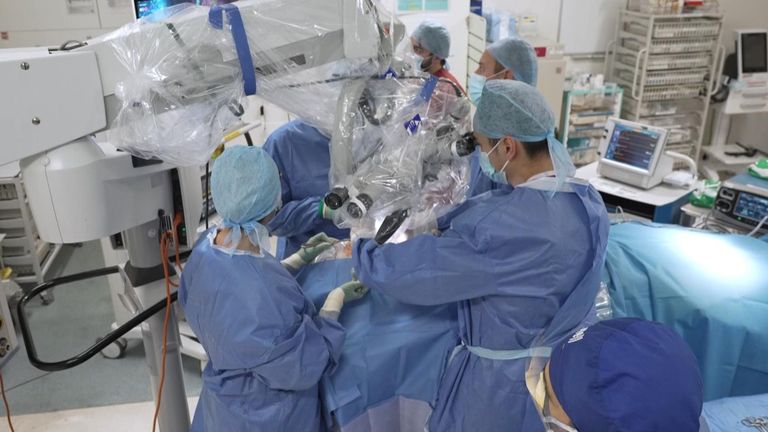
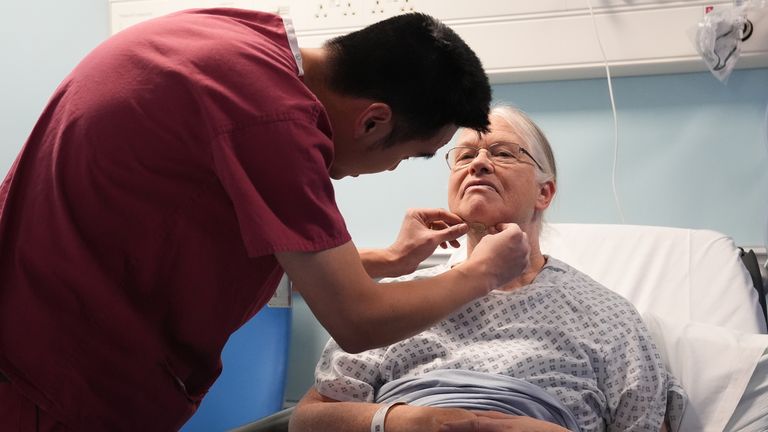
Sky News was given exclusive access to one of the first NHS operations, carried out at University College London Hospitals (UCLH).
The patient, Natalie Boller, has had sleep apnoea for 10 years. The condition means she can stop breathing up to 30 times an hour.
She only became aware when her husband became concerned.
"He's afraid I'm going to die," she said.
"He says it sounds awful, choking and gasping.
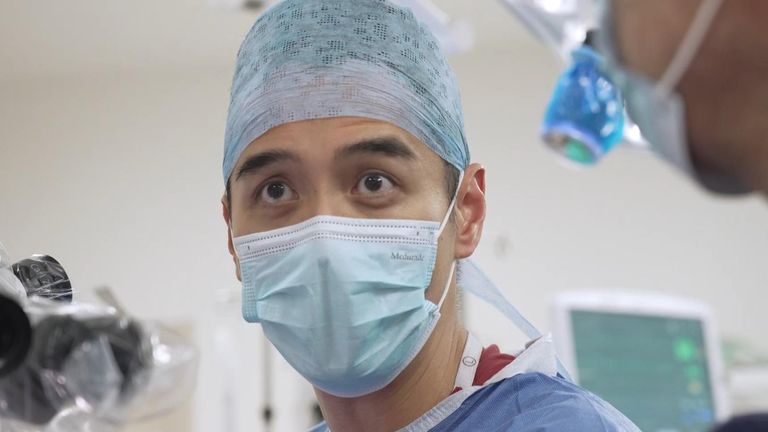
"So as soon as I heard about this new technology, this implant, I was very interested because everything I've tried hasn't worked."
Surgeons made a small incision under Natalie's chin, then placed the chip on a nerve that controls a muscle in her tongue.
A better night's rest
Consultant sleep surgeon Ryan Chin Taw Cheong said the chip sends "a mild electrical pulse to stimulate the nerve, to move the tongue forward, and it opens up the upper airways.
"It means that patients are able to have a better night's rest and breathe smoothly throughout the night."
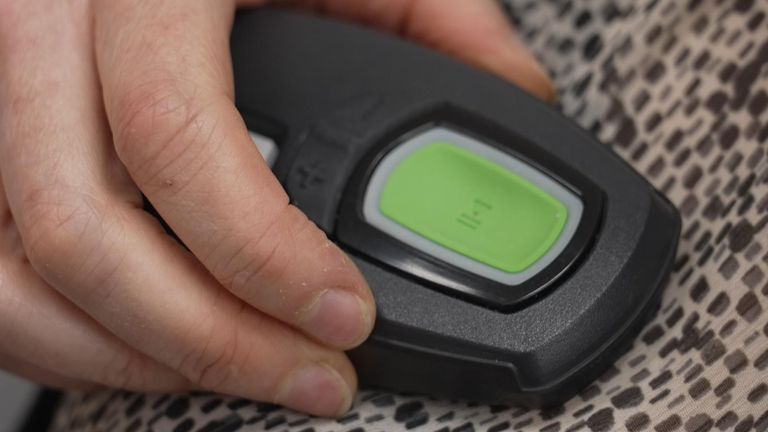
Sleep apnoea affects both men and women. Those with the condition snore heavily and soft tissues in the mouth and throat close up the airway and obstruct breathing.
The lack of oxygen can lead to hypertension, strokes, heart attacks, and diabetes. Some patients die as a result.
"In severe untreated obstructive sleep apnoea that can be as high as 1 in 3 within ten years," Mr Cheong said.
The most common treatment at present is a Continuous Positive Airway Pressure (CPAP) machine.
A pump blows air through a mask into the mouth and throat, keeping the airway open. But it is so uncomfortable a third of patients stop using it.
Patients return to have the implant switched on
UCLH is the first NHS centre to offer two slightly different chips - one called Genio Nyxoah and the other Inspire - to patients with moderate or severe sleep apnoea.
Patients return to the hospital around six to eight weeks after the operation to have the implant switched on and the level of stimulation adjusted to a comfortable level.
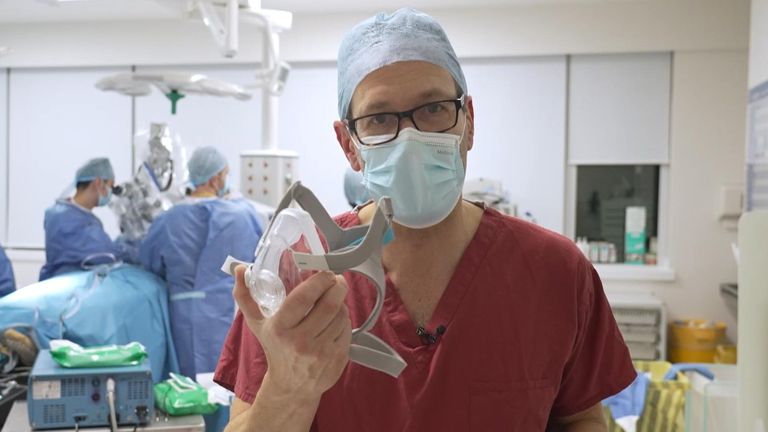
They are then able to turn on the device with a remote control or a smartphone app when they go to bed.
Some patients sleep so soundly that they even start to dream for the first time in years.
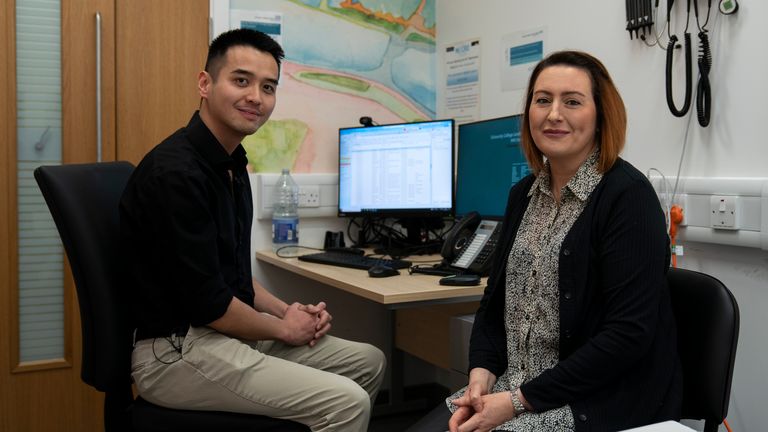
'I look forward to going to bed'
Olivia Rushton was fitted with a nerve stimulator in June and has just returned to hospital to be monitored overnight.
Her tongue moves out of the way just as it should when the device is activated.
And interruptions to her breathing while she sleeps have dropped by almost two thirds.
"I look forward to going to bed now," she said.
"All I have to do is switch on and I will go into a much healthier, longer deep sleep."
Surgeons will continue adjusting the frequency of the nerve stimulation to increase the effectiveness without causing her discomfort.
The UCLH team said the operation is being limited to a small number of patients who can't use CPAP machines and are most likely to benefit from the implant.

 5 months ago
50
5 months ago
50


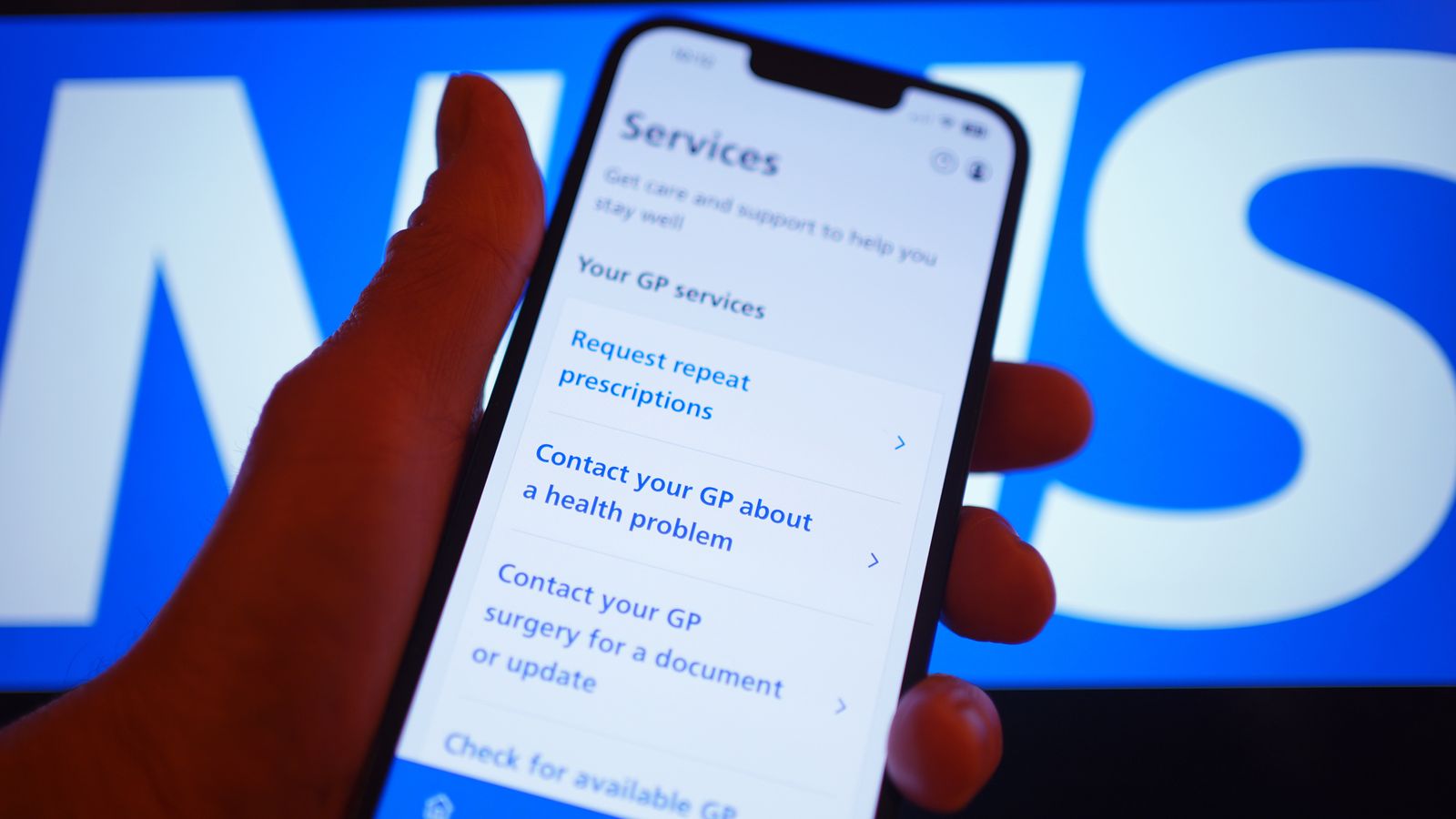

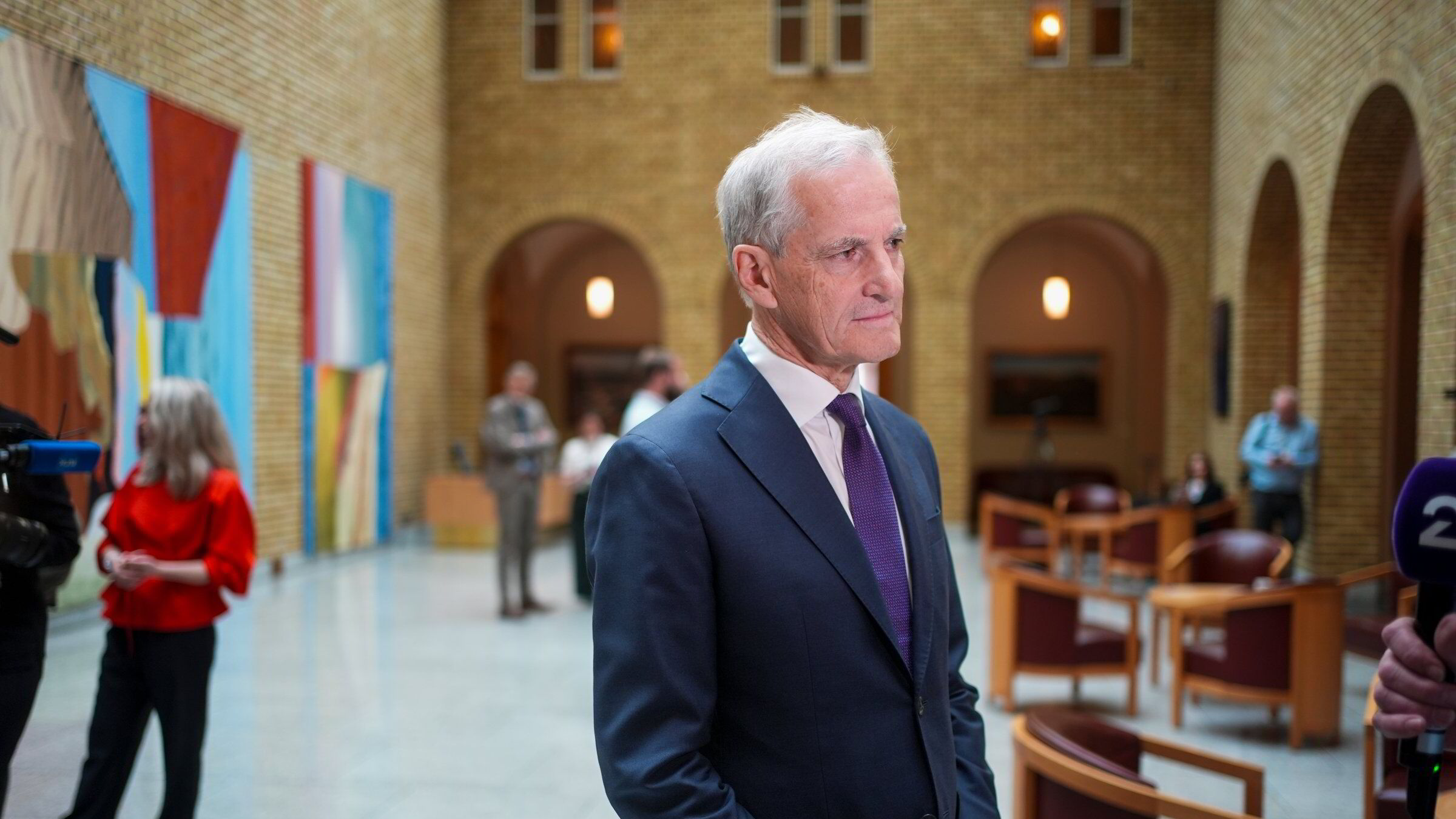



















 English (US)
English (US)